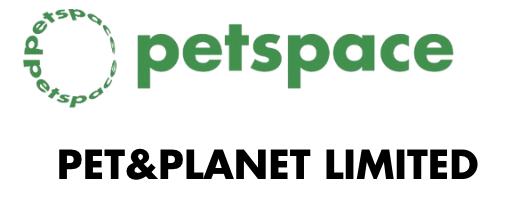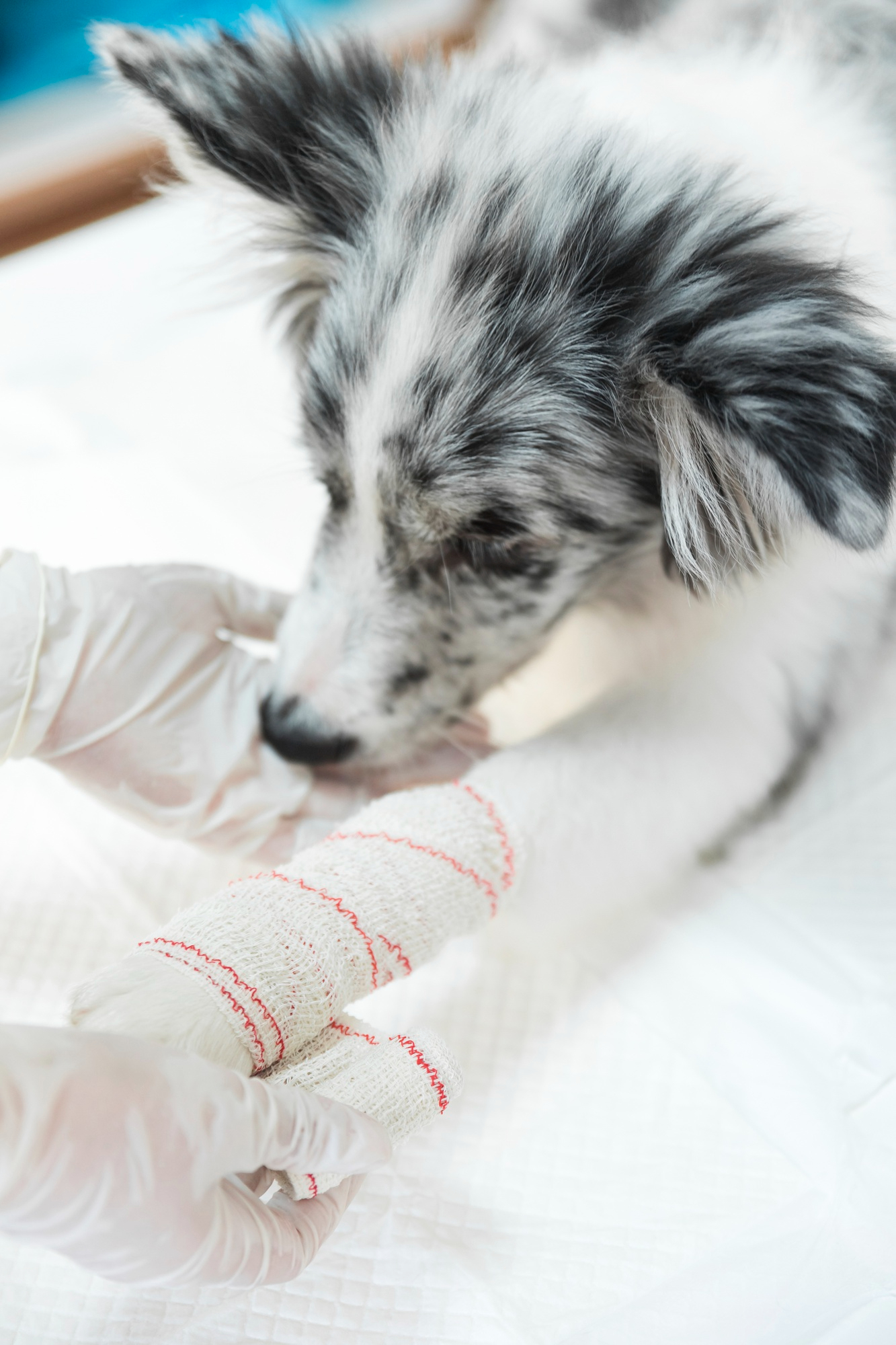The idea of using insects as a main source of protein in pet food is catching on, thanks to a mix of environmental, economic, and nutritional reasons. With the world’s population on the rise, the traditional ways of producing protein are looking increasingly unsustainable. Livestock farming, which demands huge amounts of land, water, and feed, plays a big part in emitting greenhouse gases. Against this backdrop, insects stand out as a highly efficient and sustainable alternative for pet food protein.
The Sustainability of Insect Protein
Insects, like mealworms and crickets, are emerging as a brilliant answer to the sustainability issues posed by traditional livestock farming. They need just a fraction of the land that’s required for rearing cattle, pigs, and chickens, and they’re much better at turning feed into protein. For example, crickets get by on a minimal amount of feed to produce a significant amount of protein, in stark contrast to the demands of beef cattle. This efficiency also carries over to water use, with insects needing considerably less water than livestock to produce the same protein amount.
What’s more, insect farming can tap into organic waste from agriculture and food processing for feed, further shrinking this protein source’s environmental footprint. This approach not only tackles waste management but also champions a more circular, sustainable way of producing protein.
Insects also have a lower water footprint compared to traditional livestock. Producing a kilogram of beef protein might gulp down as much as 15,000 litres of water, covering the irrigation of feed crops, drinking water, and processing. Insects, on the other hand, need just a sliver of this amount, making them a much more water-efficient protein source. This is particularly crucial given the global water scarcity and the urgent need to use water resources more wisely.
In terms of emissions, insect farming is much kinder to the environment than traditional livestock farming. Methane and nitrous oxide, potent greenhouse gases from cattle and other ruminants, are major climate change culprits. Insect farming, however, leads to negligible emissions of these gases, aligning with the critical global push to cut down greenhouse gas emissions.
Nutritional Benefits and Biodiversity
Nutrition-wise, insects are packed with high-quality protein, essential amino acids, and omega-3 fatty acids, on par with traditional sources like meat and fish. This makes them a top-notch choice for pet food, potentially offering health perks akin to those from more conventional protein sources.
The wide variety of edible insects adds another layer of advantage. With thousands of species available worldwide, insect farming can be tailored to different climates and settings, boosting the resilience of the protein supply chain. This diversity also paves the way for a range of insect-based pet foods, catering to various nutritional needs and tastes.
Ethical and Health Considerations
Insect farming comes with fewer ethical concerns than livestock farming. Many insect species naturally form dense populations, allowing them to be farmed in conditions close to their natural habitats, without the extensive land use tied to livestock grazing or feed production. Plus, the limited understanding of pain perception in insects, combined with general human disinterest towards them, reduces ethical issues related to their harvesting and use in food.
From a health perspective, the risk of zoonotic diseases — those transmissible from animals to humans — is significantly lower with insects than with mammals and birds. This makes insect-based pet foods potentially safer, cutting down the risk of disease outbreaks linked to livestock farming.
Cultural Shifts and Future Prospects
The main hurdle to widespread acceptance of insect-based pet food isn’t technical or nutritional but cultural. In many cultures, there’s a strong resistance to the idea of eating insects or feeding them to pets. However, as people become more aware of the environmental and nutritional benefits of insect protein, attitudes are starting to shift. The pet food industry, known for its ability to adapt and innovate, is ideally placed to lead this change, introducing products that are not only sustainable and nutritious but also appealing to pets.
As we search for ways to nourish our growing population without exhausting natural resources, insects present a viable solution. For pet owners and the pet food industry, adopting insect-based proteins could mark a significant move towards a more sustainable, ethical, and nutritious approach to pet feeding practices.
*Image source: ArchDaily*


